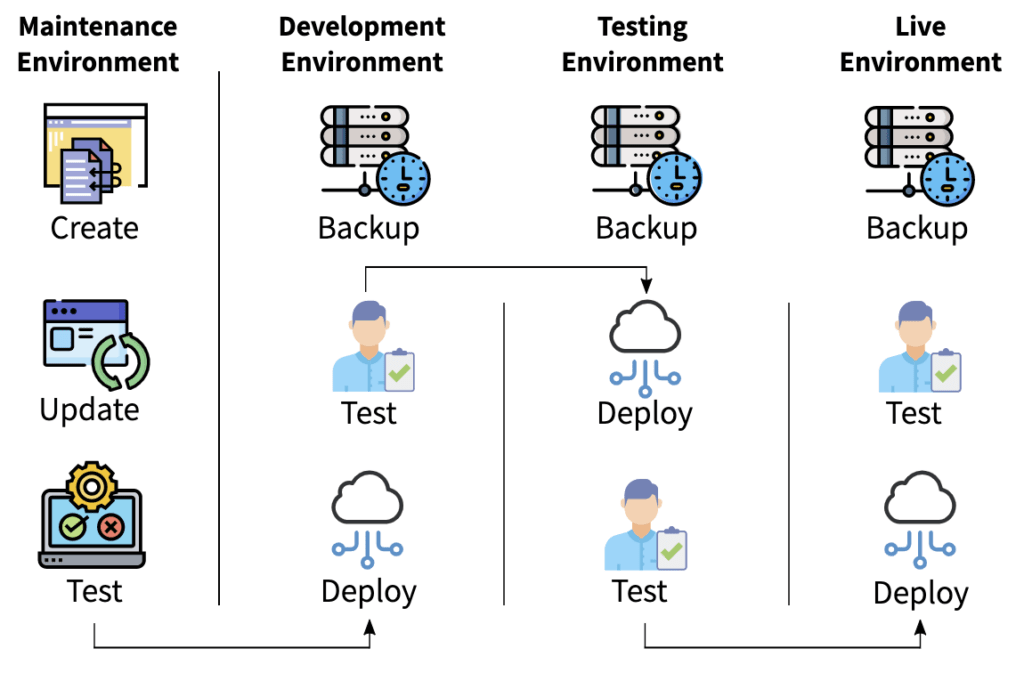Having trouble finding an online business niche via search can be really frustrating. It feels like you don’t know what you don’t know. There are millions and millions of products and it’s difficult to figure out what markets exist and what each one wants in a product.
So many questions abound.
- How many other businesses are selling the product? How successfully? At what price?
- How do they advertise?
- What have they tried and failed at doing so you don’t have to relive the same mistakes?
- Is it possible to sell a product that isn’t your passion but that will make a lot of money?
Here are three steps you can follow to get your creative juices flowing.
 Step 1 – Keep a search log of online business niches
Step 1 – Keep a search log of online business niches
As you search for a niche, it’s not enough to casually browse for ideas. Use a spreadsheet, Google Keep note, the Notes app on your smartphone, or a plain paper notepad.
Keep track of everything you find, including items and prices. Note whether something is sold retail or wholesale. See if they provide free shipping.
Follow suppliers and other sellers on social media and make notes of key findings that might help you.
Don’t just limit yourself to online products. Look in thrift shops, at swap meets or flea markets, and in other boutique shops that specialize in various products you’re considering selling. Become a regular customer and actually buy some of their goods. Chat with shop owners about why they got into the business and whether it’s doing well or poorly. You can glean a lot of information from just a few conversations and avoid a lot of pitfalls.
Here’s a review of wholesale drop shippers to help you get started.

Gone are the days of clicking “Update” and hoping for the best. Let Webidextrous manage your maintenance. We’ll give you back your time and peace of mind.
Step 2 – Ask others which online business niches they’d buy from
Find out what your friends have tried to buy online but can’t currently find. Or, ask them what they would buy online even if they haven’t searched for it recently. Is it a specific type of floor mop? Scented candle? Electronic device?
What are their hobbies? Chances are someone has a strange or uncommon hobby that you could find a niche to fill.
Search online forums and social media communities for mentions of the products you’re considering selling. See if there are customer complaints such as breakage, issues with returns from drop shippers. Find out how satisfied they are with the purchase. Identify the brand or product advocates who can’t say enough good about it and ask them for their feedback.
From everything you find, use this handy and free tool to make a buyer persona that helps you picture a real person with the attributes and personality of your ideal purchaser.
Step 3 – Research profitability of online business niches
Search for suppliers of similar goods and if you can obtain them at a competitive cost. Add the information to your search log and include attributes and qualities of the goods that will set you apart from a competitor.
Run your proposed pricing by the friends you contacted in Step 2. See if they would purchase the product at the price you’re proposing. Ask them if they have friends, family, or coworkers who would also be interested in the product. Expand your interview pool by asking for permission to talk to their friends, family, or coworkers to refine your data on who would buy, at what price, and what their lifestyle is like.
Conclusion
When you’ve nailed down the product, personas, and profitability use this free tool to generate a 12-month marketing plan in less than 10 minutes. If your sales aren’t direct to consumer (B2C) but require building a business-to-business sales relationship, consider signing up for an online sales CRM to track your sales funnel and prospects.
Keeping track of what you find, asking friends, and doing the math on profitability are the three key ways to get started with an online business niche. From there, you can begin to do more in-depth product keyword research, search out domain names, find social media communities, and all the other activities that go along with building a successful online business.
Disclaimer: Webidextrous receives commission on purchases made through links on this page.
Rob Watson
Latest posts by Rob Watson (see all)
- Scala Hosting: A Feature-Rich WordPress Hosting Solution with Strong Support and Great Reviews - September 30, 2024
- TikTok: A Persistent Risk for Business Branding and Outreach - July 25, 2024
- SEO Learning Outline: 10+ Tips to Supercharge Your Neglected Websites - March 16, 2024
- What are session cookie hacks and why should WordPress users care? - March 8, 2024
- More effective AI: 5 ways your chatbot could be harming your business - February 17, 2024


0 Comments